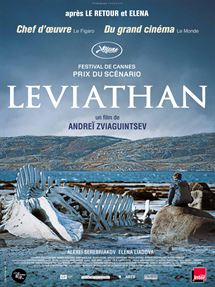Just to cut short the many rumours that have been circulating in these confusing times: the Cannes Film festival has decided that official Russian delegates are not welcome to the festival unless the situation changes between now and then. However, individual film-makers will still be attending (if travel is actually possible).
It is worth underlining this. Cannes has often been faced with political crises. In fact, it was originally born in one, as it was initially set up as an alternative to the Venice Film Festival which was perceived as a showcase for Mussolini’s fascist regime. Although it has been held during major conflicts, it remains focused on the movies as art and business. Despite the ongoing international tension, it has always supported Iranian film directors and actors faced with hostility from their own leaders.
Should all Russians be banned from Cannes 2022?
People have been asking about the merit of banning all Russians from the event. I cannot think of a time when a blanket band of this nature has been imposed. If anything, Cannes tends to be supportive of protest movies. Andrey Zvyagintsev’s 2014 film Leviathan won the award for best script at the festival and went on to have a very healthy career despite uproar in Russia itself.
As I said, the main problem might be getting films finished on time and making travel arrangements.
Would a ban affect Russian cinema?
The movie business is very much an international business, built on co-production, pre-sales and international distribution. Cannes is probably the pre-eminent film market. Alongside the glamour, it is where next year’s movies are cast, financed and distributed. So banning the official instances would certainly be harmful.
However, it’s worth remembering that the vast majority of movies are private ventures. They sometimes receive subsidies to help production or promotion, and governments often offer tax rebates for films produced in their territories. But they are facilitating something that might happen anyway.
The greater danger is that if the war drags on, international distributors and producers would start passing over Russian productions. It is currently unthinkable that a production receiving state aid from a NATO member would consider supporting a project that also receives state aid from Russia.
When it comes to production, movies can be shot in Georgia, Poland or similar lookalike locations if needed. Producers and distributors will be keen to avoid the possibility of embargoes or – even more likely – consumer boycotts. That is where the real long-term pain could set in.
As a brand, Russia is becoming very toxic.
There would still be the possibility of individual Russian talent working in France or elsewhere. In Soviet times, people like Wajda fled Poland to work there. But that is not the same thing as having a national movie industry.
So it’s not the absence of Russian officials at Cannes that will hurt Russian cinema: it’s Putin’s war itself.
As always, last-minute news of Cannes events can be found on Twitter. Your thoughts on this are welcome.


